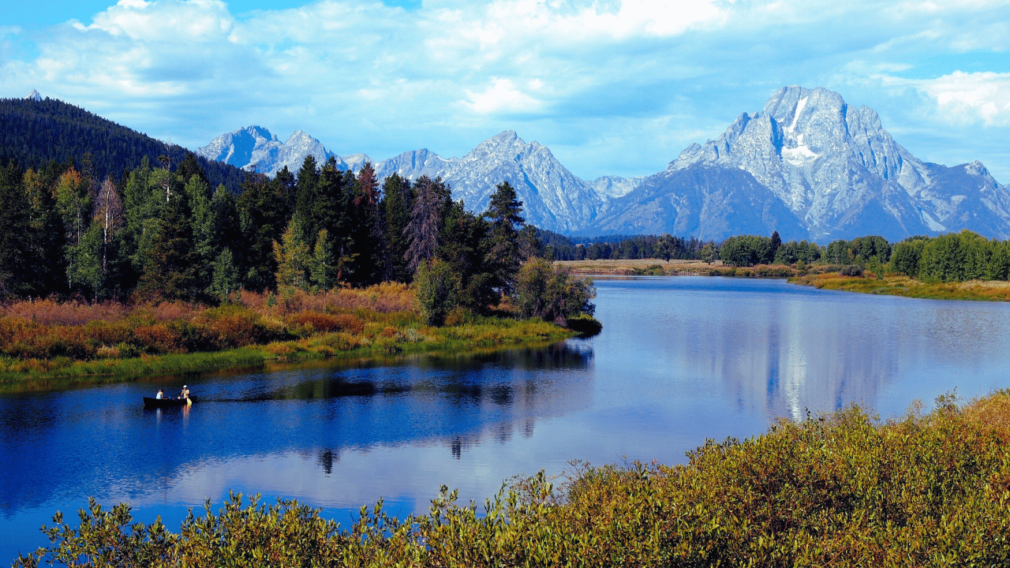Wyoming Legislative Session Begins with Renewed Push for iGaming Legalization
The 2025 legislative session in Wyoming has officially begun, running from January 14 to March 6. Among the most closely watched proposals is a new attempt to legalize online casinos in the state. Representative Robert Davis, who championed the bill in the past, is set to reintroduce it during this session, armed with fresh research and renewed confidence in its potential benefits.

Revisiting Last Year’s HB0120
Last year’s bill, HB0120, sought to legalize and regulate interactive gaming. The proposal included online versions of poker, blackjack, slots, and other casino games, all overseen by the Wyoming Gaming Commission. The bill required operators to pay $100,000 for initial licenses and $50,000 for renewals, while vendors faced fees of $10,000 and $5,000, respectively.
Operators would have paid a 10% tax on monthly revenues, with the first $300,000 annually supporting problem gambling programs. The rest of the revenue would have gone to the state’s general fund. The bill also mandated geolocation tools to ensure bettors were physically in Wyoming and required players to be at least 18 years old.
Despite its comprehensive plan, HB0120 narrowly failed with 25 votes in favor and 36 against, falling just short of the required majority. Concerns from tribal casinos and doubts about the state’s ability to oversee online gaming played key roles in its defeat.
A New Push in 2025
Representative Davis remains confident that updated findings from the Spectrum Gaming Group will help secure the necessary votes this year. The group’s study projects that online casinos could generate $93 million to $138 million in revenue in their first year, potentially reaching $199 million by year five. Tax revenues could range from $20 million to $40 million annually, providing a significant boost to Wyoming’s economy.
Davis also plans to address lingering concerns from tribal operators, who worry that online gaming might reduce foot traffic to their land-based casinos. He emphasizes that online platforms and physical casinos often appeal to distinct customer groups, a perspective shared by industry experts.
Recommended
